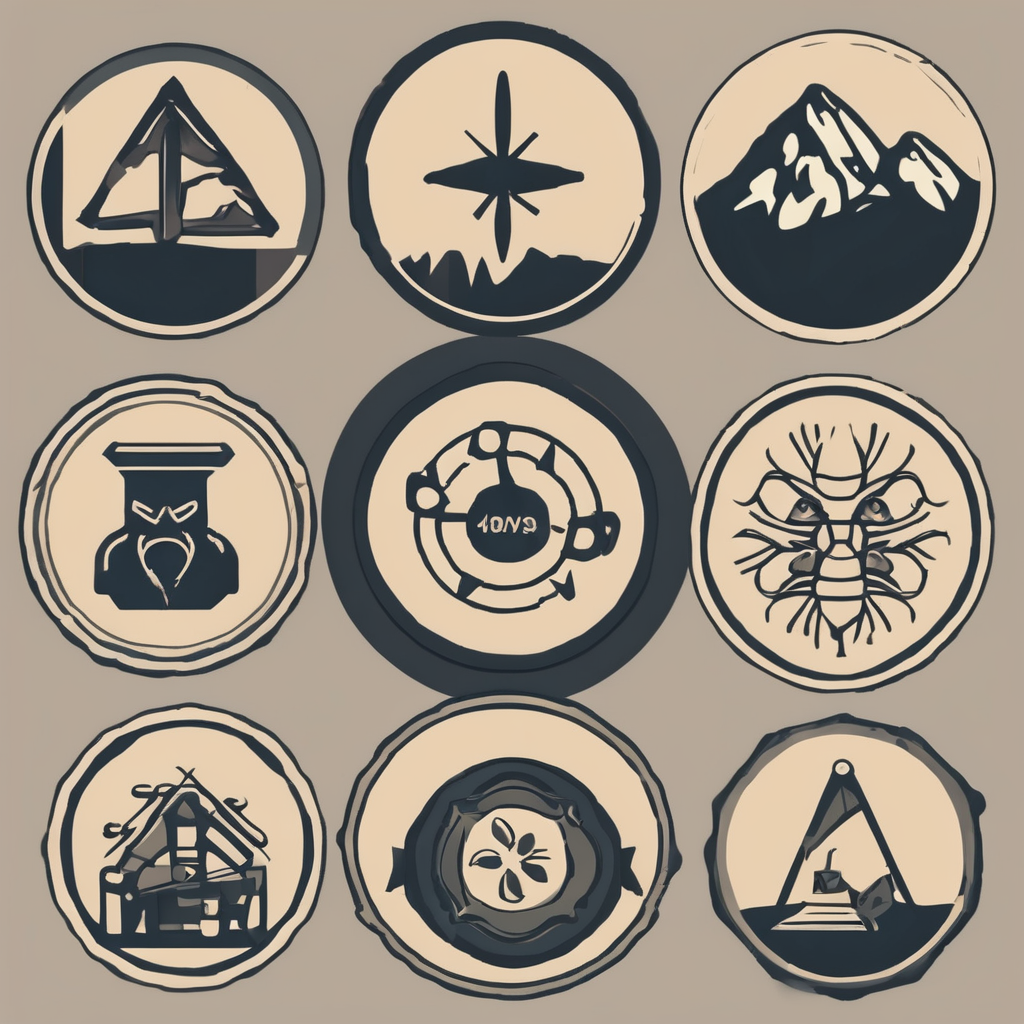Essential winter plumbing preparations for Scottish homeowners
Preparing your home’s plumbing for the harsh Scottish weather requires careful attention to vulnerable pipes and plumbing systems. Begin by identifying pipes most at risk, like those in unheated areas such as lofts, basements, or exterior walls. These spots are particularly susceptible to freezing when temperatures drop.
Pipe insulation Scotland experts recommend wrapping these pipes in quality insulation sleeves or foam to prevent heat loss. Additionally, insulating water tanks and cylinders will help maintain warmth and reduce the risk of frozen water supplies. Insulation materials designed for Scottish weather plumbing are often thicker and more durable, tailored to withstand prolonged cold spells.
Also to discover : Transform your cambridge attic: expert advice for creating the perfect home fitness haven
Scheduling a professional plumbing check before winter is highly advisable. A qualified plumber can spot weaknesses and suggest targeted measures specific to your property. These winter plumbing tips not only protect your home but can also save costly repairs later.
In summary, addressing pipe vulnerabilities, applying effective insulation, and booking a timely inspection compose the cornerstone of winter readiness for Scottish homes. These steps ensure your plumbing system remains robust throughout the colder months.
In the same genre : Top toddler gate solutions for secure two-story living in birmingham: ensuring parents’ peace of mind
Preventing frozen and burst pipes during Scottish winters
Maintaining steady home temperatures is crucial to prevent frozen pipes during the biting Scottish winter. Consistent heating—even in less frequently used rooms—reduces the risk of pipe freezing by keeping ambient temperatures above freezing point. This continuity is a cornerstone of effective winter pipe maintenance.
Outdoor taps and exposed pipework demand special attention. It’s advisable to fit insulated covers or frost guards specifically designed for Scottish conditions. These products provide a robust barrier against the cold, vital for burst pipe prevention outdoors. Draining external taps post-use also limits residual water that could freeze and cause damage.
Recommended pipe protection products in Scotland typically include foam pipe insulation, thermostatically controlled heating cables, and frost-resistant tap covers. These tools, when properly installed, significantly reduce freeze risk and mitigate costly repairs.
Incorporating these measures—maintaining heating, insulating external plumbing, and employing frost prevention products—forms a comprehensive strategy. By embracing these winter plumbing tips, homeowners in Scotland can confidently safeguard their plumbing systems through the coldest months.
Emergency plumbing measures and response
Knowing how to respond promptly to plumbing emergencies Scotland faces during winter is vital. If a pipe freezes or bursts, immediate action can reduce damage significantly. The first step is to shut off your home water supply at the main valve to prevent flooding. Locating this valve before emergencies occur is essential for quick response.
Once the water is off, drain remaining water from taps to relieve pressure in affected pipes. Applying gentle heat, such as warm towels or a hairdryer, can help thaw frozen pipes safely. Avoid open flames or high heat, which risk pipe damage.
An emergency pipe repair typically involves temporary measures like pipe clamps or wrapping with repair tape. These solutions give time until a professional plumber can carry out permanent fixes.
Creating a winter emergency plumbing kit tailored to Scottish weather plumbing is highly recommended. Useful items include pipe insulation tape, a flashlight, a wrench for the main valve, and frost-resistant repair materials. Preparing this kit ensures you are ready to act swiftly.
In short, understanding how to react during plumbing emergencies Scotland experiences, knowing how to manage burst pipes, and having emergency tools on hand provide vital protection during harsh winters.
Scottish regulations, resources, and expert support
Scottish plumbing regulations impose critical standards that influence winter plumbing maintenance. Compliance ensures safety and durability, particularly concerning pipe insulation Scotland and protecting against freezing and burst pipes. Regulations often specify materials and installation methods suited to Scottish weather plumbing, underscoring the importance of using approved products and hiring qualified professionals.
Homeowners can access local plumbing services with expertise in winter conditions. Many areas maintain vetted lists of plumbers familiar with the challenges of Scottish winters, offering reliable solutions from inspections to repairs. Engaging these professionals aligns with regulatory requirements and guarantees quality workmanship tailored for cold weather.
Additional resources such as the winter plumbing guide Scotland provide practical advice on maintaining heating systems, insulating pipes, and emergency preparedness. These guides complement professional support by equipping homeowners with knowledge to manage and prevent plumbing issues effectively.
By understanding regulatory frameworks, utilizing local expert services, and consulting dedicated Scottish winter plumbing guides, homeowners secure robust protection through informed decisions and expert backup during the demanding cold season.


